From Healdton, OK, Sherri Coale attended Oklahoma Christian University from 1983 to 1987. While a student, Coale gained academic and life knowledge, which would later assist her in becoming a successful head women’s basketball coach at the University of Oklahoma.
Under coaches Max Dobson and Stephanie Findley, Coale played point guard for the Lady Eagles. During her collegiate career, Oklahoma Christian won three Sooner Athletic Conference titles and advanced to the national quarterfinals her junior year. In 1987, Coale was named a National Association of Intercollegiate Athletics Scholar-Athlete.
After graduating from Oklahoma Christian with a degree in Physical Education with an emphasis on English education, Coale accepted the women’s head coach position at Norman High School in Norman, OK in 1989.
While at Norman High School, Coale coached for seven years and lead the team to two state championship wins.
In 1996, the University of Oklahoma hired Coale as the women’s head basketball coach.
After two seasons of losing records, Coale and the Sooners posted a winning record in 1998-1999 and made the Women’s National Invitation Tournament. In the 1999-2000 season, the Sooners won the Big 12 Conference championship and reached the Sweet 16 of the NCAA national tournament.
As the head coach for 21 years, Coale guided the Sooners to an appearance in the NCAA national tournament every season. In 2002, the Sooners lost the NCAA national championship game to Connecticut. The Sooners have also appeared in two Final Four tournaments, in 2009 and 2010.
Coale served as a coach through USA Basketball, leading the USA Basketball World University team to a gold medal win in the summer of 2013 in Kazan, Russia.
In 2016, Coale was inducted into the Women’s Basketball Hall of Fame in Knoxville, TN.
Q: During your time at Oklahoma Christian, what were your greatest athletic accomplishments?
A: Your greatest take away is always the experiences you have with your coaches and your teammates. Those people become your family and stay that way long after you’re finished with your four years as a collegiate student-athlete. There are obviously certain games that stick out, but really the most vivid memories have to do with van rides, locker rooms and holiday practices. Those things stick with you and really make the moments of your journey worthwhile.
Q: How do you believe your athletic and academic experience at Oklahoma Christian prepared you for your current coaching endeavors?
A: There is no doubt, I would not be here doing what I’m doing today without my experience at Oklahoma Christian. Everything from the fact that I was exposed to Dan Hays rebuilding the men’s program my freshman year, and for four years, I got to witness that. I got to learn from Findley and Dobson. I had tremendous teammates who, through their presence, taught me what is right about being on a team. Everything from all that to the obvious things, or maybe the not-so-obvious things, like the quality of my education and the rigors of getting a degree at Oklahoma Christian. After two decades behind this desk, I can finally say I know exactly what it was preparing me for, which is all of the things that go beyond the 94 feet of the basketball court.
Q: What inspired your love for the game of basketball?
A: It’s hard to say. No one in my family played. As an elementary school student, I went to a camp and figured out that I could do it. It was fun. I could dribble pretty well. I kind of got hooked on the fact that you could practice by yourself. I didn’t need anybody else. I didn’t need anyone to play catch with me. I didn’t need anyone to throw balls with me. I could just go get better as a basketball player by myself. I loved that. It gave me a lot of opportunities to control my own destiny. I just fell in love with the sport.
Q: What is the main lesson you strive to instill in all of your athletes?
A: Who you become as a result of the chase is the most important thing. We’re all chasing something, whether it’s a championship, a winning season, a starting spot or some sort of All-American accolade. The most important thing is who you become as a result of the chase.
Q: At the University of Oklahoma, a major emphasis on the women’s basketball team is community service and volunteer work. How does this create well-rounded athletes?
A: Well, the purpose of education is not to make people happier or to make them smart, it’s to make them useful. We can tell our girls all kinds of things, but unless we put them in situations to actually experience the things we’re talking about, I think we fail them. Being involved in a very personal way, whether it’s making visits to children’s hospitals or building houses for Habitat for Humanity or serving at the Mary Abbott House or giving monthly out of their personal finances, all of those things are experiences. It’s our hope, through our players’ four years at Oklahoma, that they find something that speaks to their soul, and when they’re finished playing, whatever community they live in or profession they choose, that they will seek out an organization of philanthropy and be involved, because that’s what makes our communities and our states and our country work — people serving.
Q: What is your greatest coaching accomplishment?
A: The lives of the players that I’ve coached, who they’ve become and what they’re doing in the world. Some are doctors, some are lawyers, some are teachers, some are physical therapists and a whole bunch are mothers. They’re doing great stuff and we’ve produced a lot of women of substance who are making the people that they touch and the lives that they interact with better, and that, by far, is my greatest coaching accomplishment.

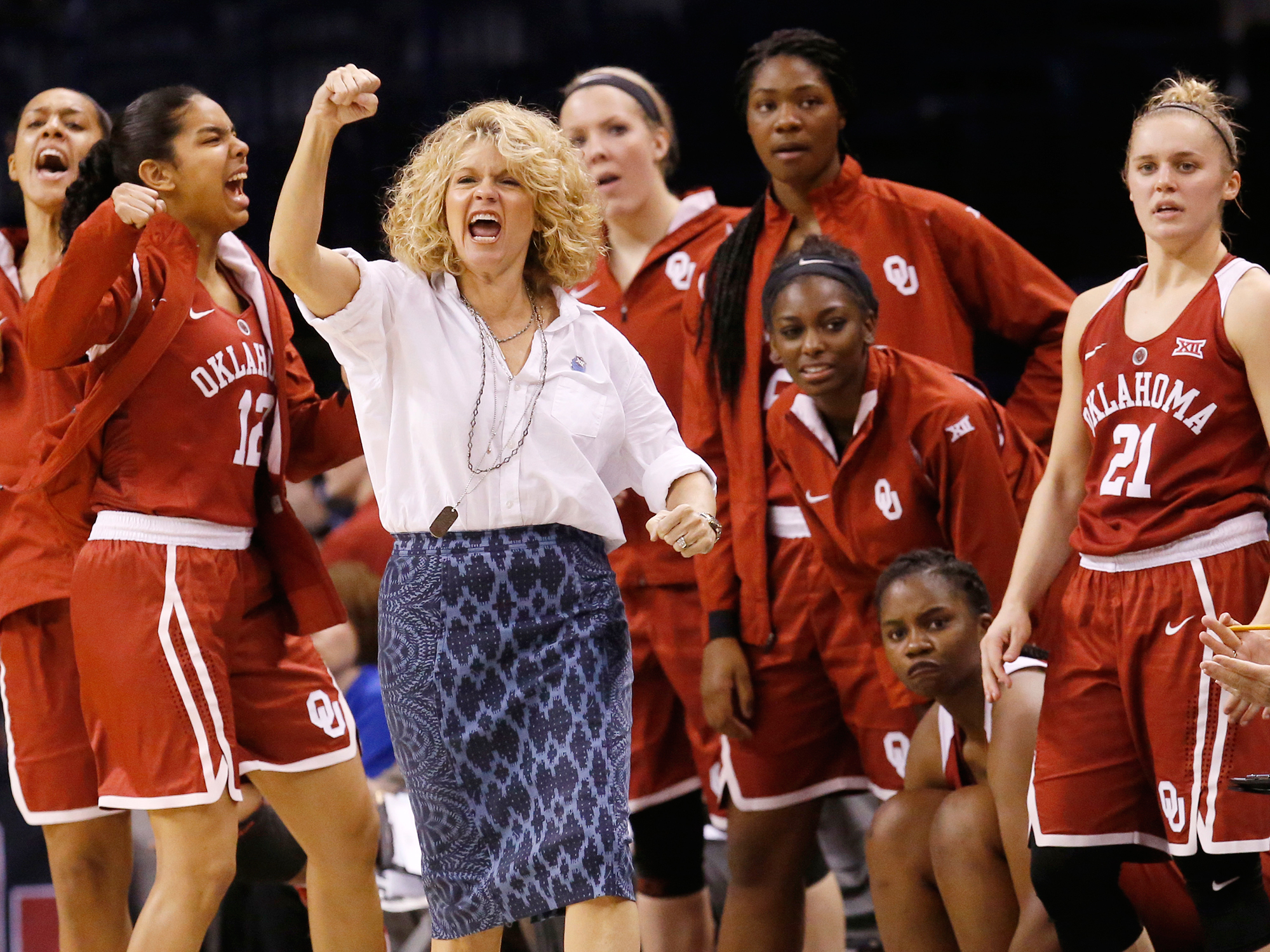






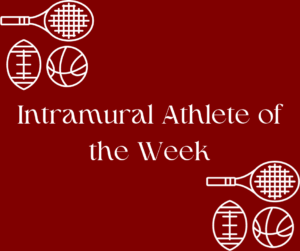


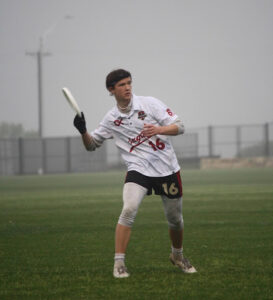
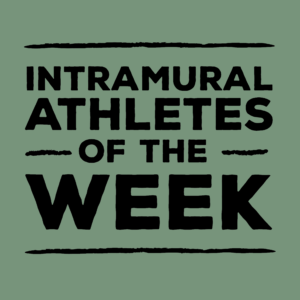
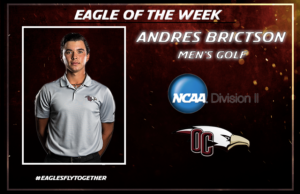
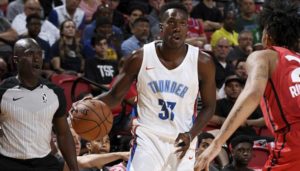
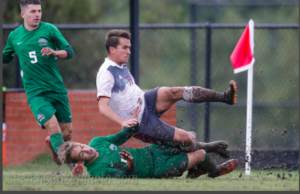
Be First to Comment